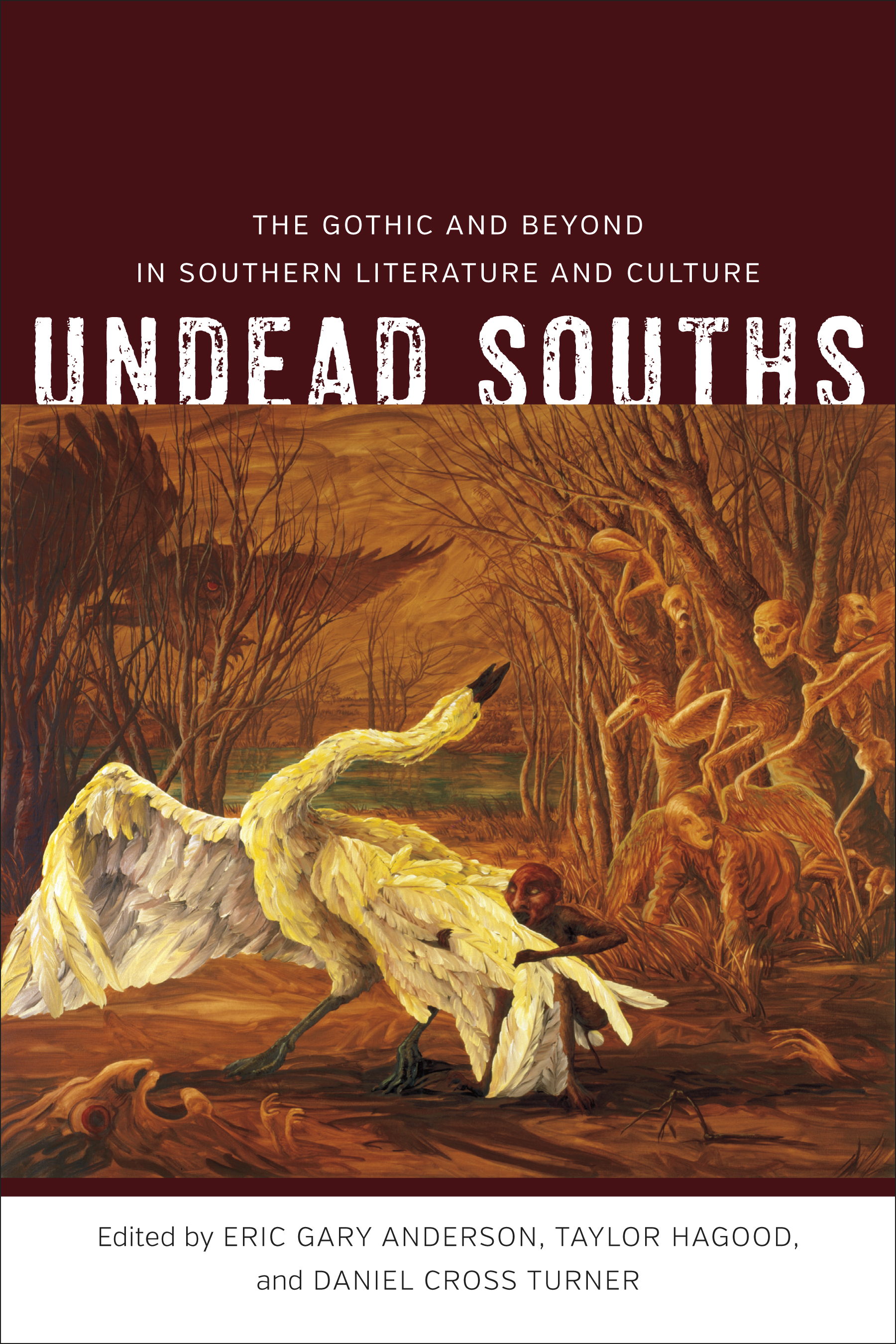Undead Souths
New Book Examines Undeadness in Southern Culture
Vampires, ghosts, and zombies are not just fodder for Halloween costumes and popular television shows; the undead are now the subject of a scholarly volume co-edited by Taylor Hagood, Associate Professor of English at Florida Atlantic University; Eric Gary Anderson of George Mason University; and Daniel Cross Turner of Coastal Carolina University.
Undead Souths: The Gothic and Beyond in Southern Literature and Culture (Louisiana State University Press, October 2015) is a collection of diverse essays by a group of international scholars examining undeadness in literature, art, photography and film of the South. Both "undead" and "South" are broadly defined; in addition to obvious examples of the undead, the editors include subtle and symbolic forms of undeadness, such as hauntings of the past of slavery, and they extend geographically to include examples from the United States South as well as Circum-Caribbean culture. The inclusive anthology examines works by familiar and beloved authors, such as William Faulkner and Edgar Allen Poe, but also includes lesser-known works, such as the plantation horror film White Zombie (1932) and Jeremy Love's graphic novel Bayou.
In addition to co-editing, Hagood also contributed a chapter to the book. He said that the project began as a curiosity about the sudden appearance of the undead in the South in popular television shows such as The Walking Dead and True Blood, but the response to their call for papers revealed a "trope of undeadness." Hagood said, "It began as something for fun, and it still is, but we realized that there's this serious undertone of the persistence of narratives that sometimes are empowering and sometimes are very oppressive."
Although fans of undeadness will be fascinated by the book, Hagood said that the work particularly engages with scholars in the field of the new Southern Studies to think about narratives of the region and address the politics of it in more complex and progressive ways. He said, "The importance to us seemed to advance this discussion in a way that we believe is useful in the current idiom and problematizes and deals with realities of a region that has been particularly romanticized, and very often voices and elements of it have been forgotten or ignored."
